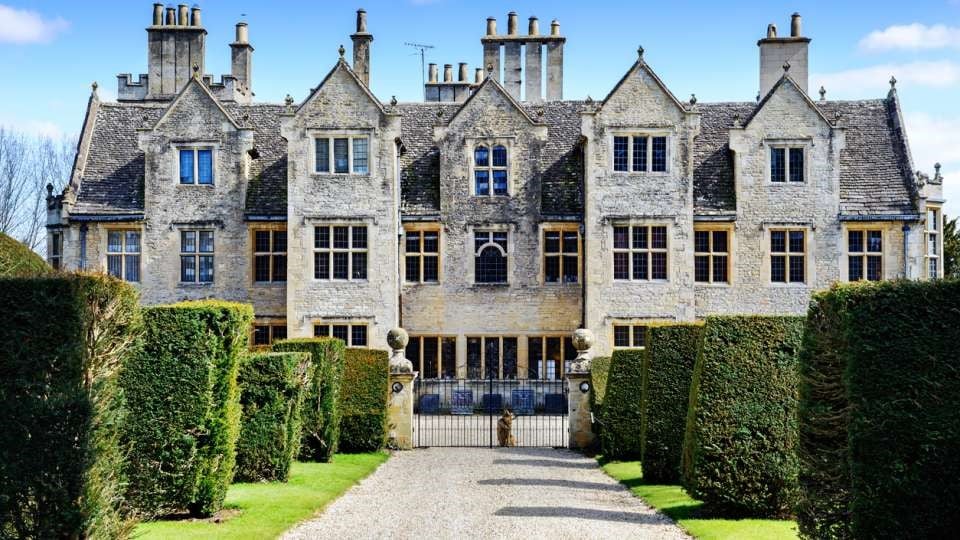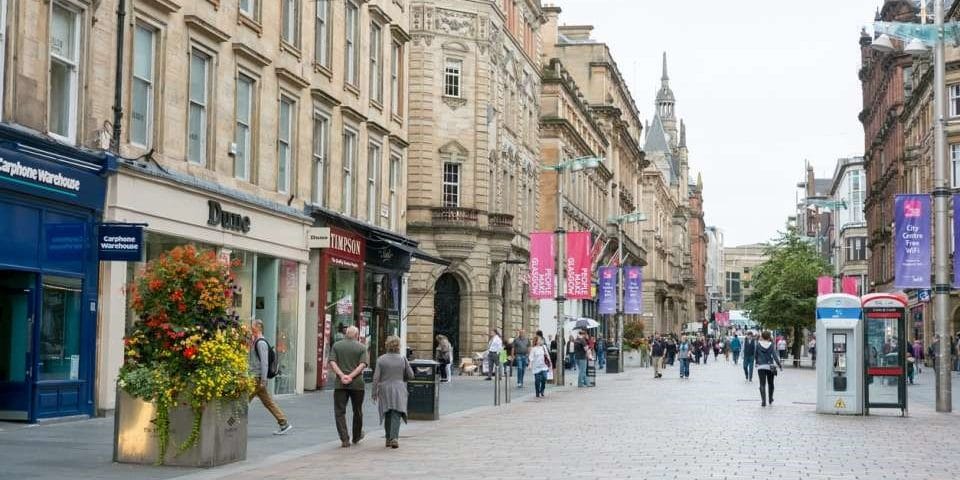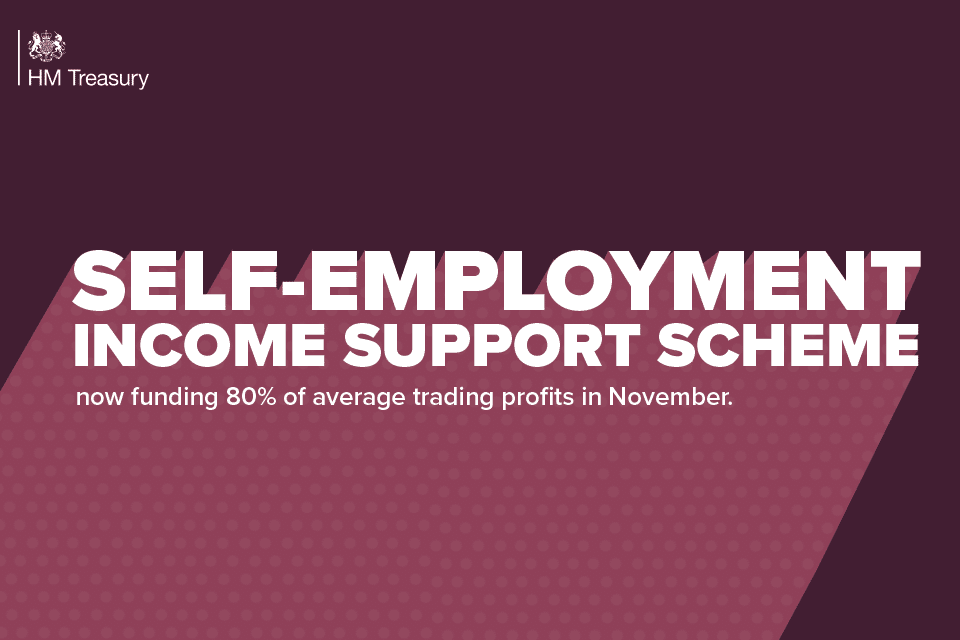The new grants come as the government locks down areas such as Bolton, which have seen localised spikes in coronavirus and new rules on gatherings over six people. This means the effected businesses in England will be able to claim up to £1,500 per property every three weeks, while smaller businesses can claim £1,000.
Announcing the news in Parliament yesterday, chief secretary to the Treasury Steve Barclay said: “These grants provide businesses with a safety net as they temporarily close their doors to help save lives in their local areas.”
The scheme is currently under trial in Blackburn with Darwen, Pendle, and Oldham, before rolling out to other local authorities.
The scheme is basing the size of the business on the rateable value of its premises. A business classed as small with a rateable value less than £51,000, or pays annual rent or mortgage of less than that amount, would receive £1,000. Any business that has a rateable value or mortgage payments more than £51,000 will receive £1,500. Like the other grants, these payments will also be treated as taxable income.
However, the scheme is not designed to support businesses that have closed at a national level, such as nightclubs – it’s specifically for businesses affected by local lockdowns or restrictions.
The local authorities will distribute grants to businesses and they will also have authority to implement further eligibility criteria.
These grants target businesses on the business rates list, which is why local authorities also have an additional 5% top up amount of support funding to aid other businesses hit by these local restrictions. The grants offered from this discretionary fund almost are worth up to £1,500. But unlike the scheme based on the rateable value, funding may be less than £1000 in some cases.
“No business should be punished for doing the right thing, which is why today’s package will offer additional breathing space for businesses that have had to temporarily close to control the virus,” said the business secretary Alok Sharma.
This scheme only applies for England, but the government release notes that devolved administrations will receive at least £12.7bn on top of their March Budget settlements to help them with their response to Covid-19 this year.
These localised grants are the latest in a whole raft of grants and measures announced since the number of coronavirus infections spiked in the UK. Some of these measures have included year-long business rates holiday for 2020-21 and targeted support for specific sectors such as the VAT cut for the hospitality sector, a grant that funds businesses to access specialist professional advice.
This grant reflects the government’s current approach to managing the virus by putting in place local restrictions. The most recent example of an area which has undergone these restrictions is Bolton, but since August areas such as Northampton, Leicester and Luton have all faced targeted action.
This is one of the first government schemes to respond to local lockdowns. Politicians and business leaders have urged politicians to offer more support to help during these targeted restrictions, with calls for an extension to the furlough scheme in these areas.
Announcing the news in Parliament yesterday, chief secretary to the Treasury Steve Barclay said: “These grants provide businesses with a safety net as they temporarily close their doors to help save lives in their local areas.”
The scheme is currently under trial in Blackburn with Darwen, Pendle, and Oldham, before rolling out to other local authorities.
The scheme is basing the size of the business on the rateable value of its premises. A business classed as small with a rateable value less than £51,000, or pays annual rent or mortgage of less than that amount, would receive £1,000. Any business that has a rateable value or mortgage payments more than £51,000 will receive £1,500. Like the other grants, these payments will also be treated as taxable income.
However, the scheme is not designed to support businesses that have closed at a national level, such as nightclubs – it’s specifically for businesses affected by local lockdowns or restrictions.
The local authorities will distribute grants to businesses and they will also have authority to implement further eligibility criteria.
These grants target businesses on the business rates list, which is why local authorities also have an additional 5% top up amount of support funding to aid other businesses hit by these local restrictions. The grants offered from this discretionary fund almost are worth up to £1,500. But unlike the scheme based on the rateable value, funding may be less than £1000 in some cases.
“No business should be punished for doing the right thing, which is why today’s package will offer additional breathing space for businesses that have had to temporarily close to control the virus,” said the business secretary Alok Sharma.
This scheme only applies for England, but the government release notes that devolved administrations will receive at least £12.7bn on top of their March Budget settlements to help them with their response to Covid-19 this year.
These localised grants are the latest in a whole raft of grants and measures announced since the number of coronavirus infections spiked in the UK. Some of these measures have included year-long business rates holiday for 2020-21 and targeted support for specific sectors such as the VAT cut for the hospitality sector, a grant that funds businesses to access specialist professional advice.
This grant reflects the government’s current approach to managing the virus by putting in place local restrictions. The most recent example of an area which has undergone these restrictions is Bolton, but since August areas such as Northampton, Leicester and Luton have all faced targeted action.
This is one of the first government schemes to respond to local lockdowns. Politicians and business leaders have urged politicians to offer more support to help during these targeted restrictions, with calls for an extension to the furlough scheme in these areas.






